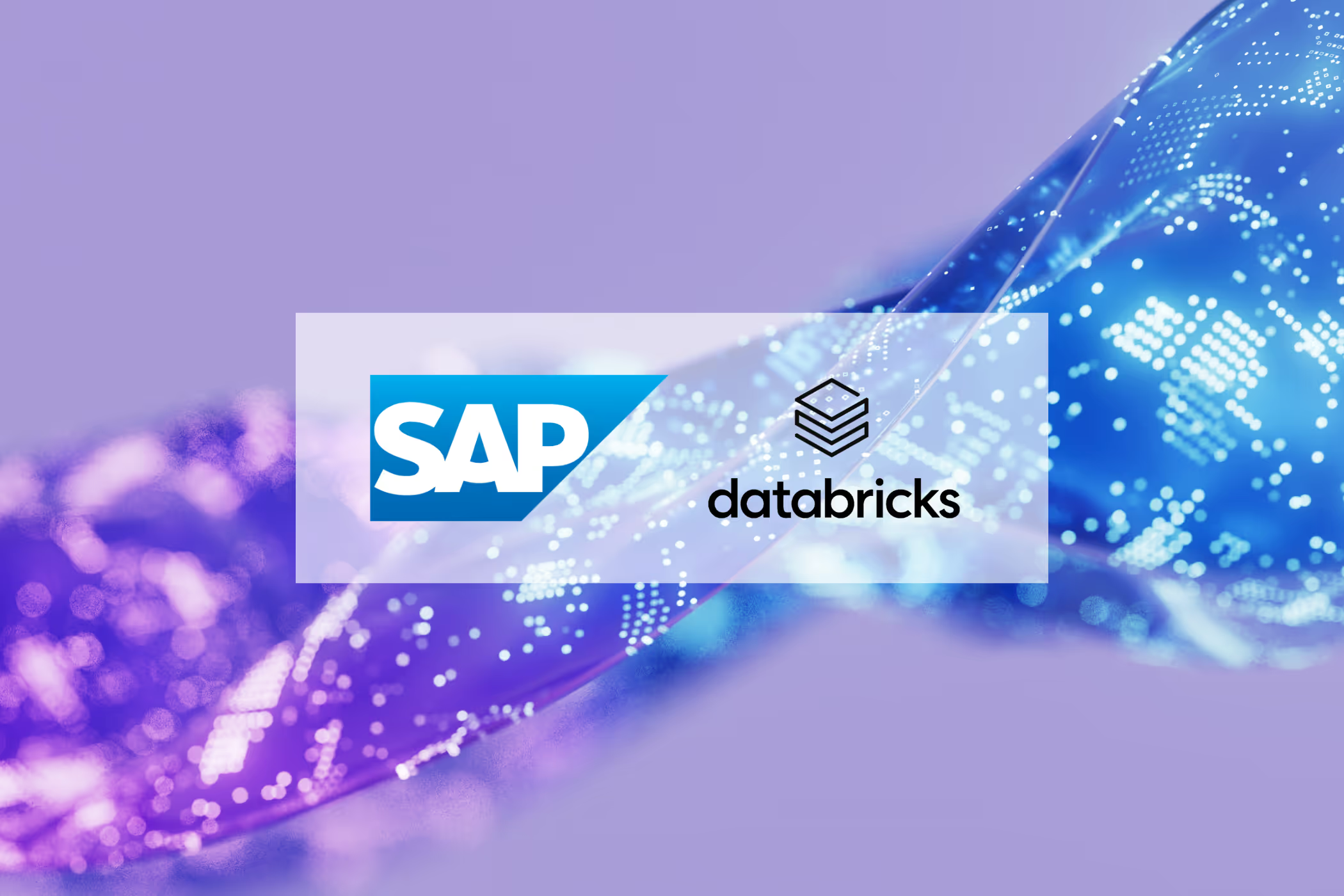MLOps: How to anchor AI sustainably in your company

Artificial intelligence has long been more than just a trend. In many companies, it is already an integral part of the digital strategy - whether for automating processes, optimizing decisions or improving the customer experience. However, while the development of the first machine learning models often starts with enthusiasm, it quickly becomes clear that the real effort begins after the first successful prototype.
After all, a model alone does not bring sustainable benefits. It must be integrated into existing systems, monitored regularly, adapted if necessary and maintained in the long term. This is precisely whereMLOpscomes into play - an approach that supports companies in not only developing AI, but also operating it reliably and efficiently.
From idea to reality - and beyond
Many companies have similar experiences: Initial AI projects deliver promising results, but as soon as it comes to transferring these models into productive operation, challenges arise. Models cannot be easily reused, their decisions are difficult to understand and monitoring is often incomplete or non-existent. In addition, there is often a lack of clear standards for development, deployment and operation.
MLOps - short for "Machine Learning Operations" - addresses precisely these problems. It is not just a collection of technical tools, but a holistic concept that combines processes, roles and technologies. The aim is to design the development and operation of AI models in such a way that they are scalable, reproducible and transparent - regardless of whether you are a start-up, a medium-sized company or a corporation.
Why MLOps is more than just a technical framework
A functioning MLOps setup creates the basis for ensuring that AI models not only work in the short term, but also deliver real added value in the long term.
It ensures that:
- models are versioned and documented,
- changes remain comprehensible,
- new models are tested and rolled out efficiently and
- continuous monitoring enables an early response to changes in the data or model performance.
This is not just about technical excellence, but also about organizational clarity. MLOps promotes collaboration between data scientists, IT teams and specialist departments - a prerequisite for ensuring that AI projects are integrated rather than isolated.

What companies can do in concrete terms
Getting started with MLOps often begins with an honest inventory:
- Which processes are already established?
- Where are standards missing?
- Which tools are used - and how well do they work together?
On this basis, targeted measures can be derived, such as the introduction of versioning systems for models and data, the development of automated CI/CD pipelines or the integration of monitoring and governance solutions.
It is important to note that MLOps is not a project with a fixed end date, but a continuous improvement process. Companies benefit if they take an iterative approach, identify initial quick wins and professionalize their processes step by step.
A structured MLOps workshop can provide valuable guidance here. It creates a common understanding between IT, data science and specialist departments and helps to assess the current level of maturity in dealing with machine learning. Typical weaknesses such as a lack of standards, inadequate monitoring or a lack of scalability are identified during such a workshop. At the same time, companies receive specific recommendations on how they can build or further develop their MLOps strategy - including a roadmap that takes both technical and organizational aspects into account.
In addition to analyzing the status quo, the workshop also provides an overview of relevant tools and technologies - such as MLFlow for model management or CI/CD approaches for automated deployments. This creates a practical foundation on which companies can design their AI initiatives in a sustainable and future-proof way.
Conclusion: Operationalization determines success
Developing a good AI model is an achievement - but it is only the beginning. The true value only comes when this model can be used reliably, comprehensibly and scalably in the company. MLOps provides the necessary foundation for this. Companies that invest in these structures at an early stage not only create technical stability, but also secure a competitive advantage in the long term.






